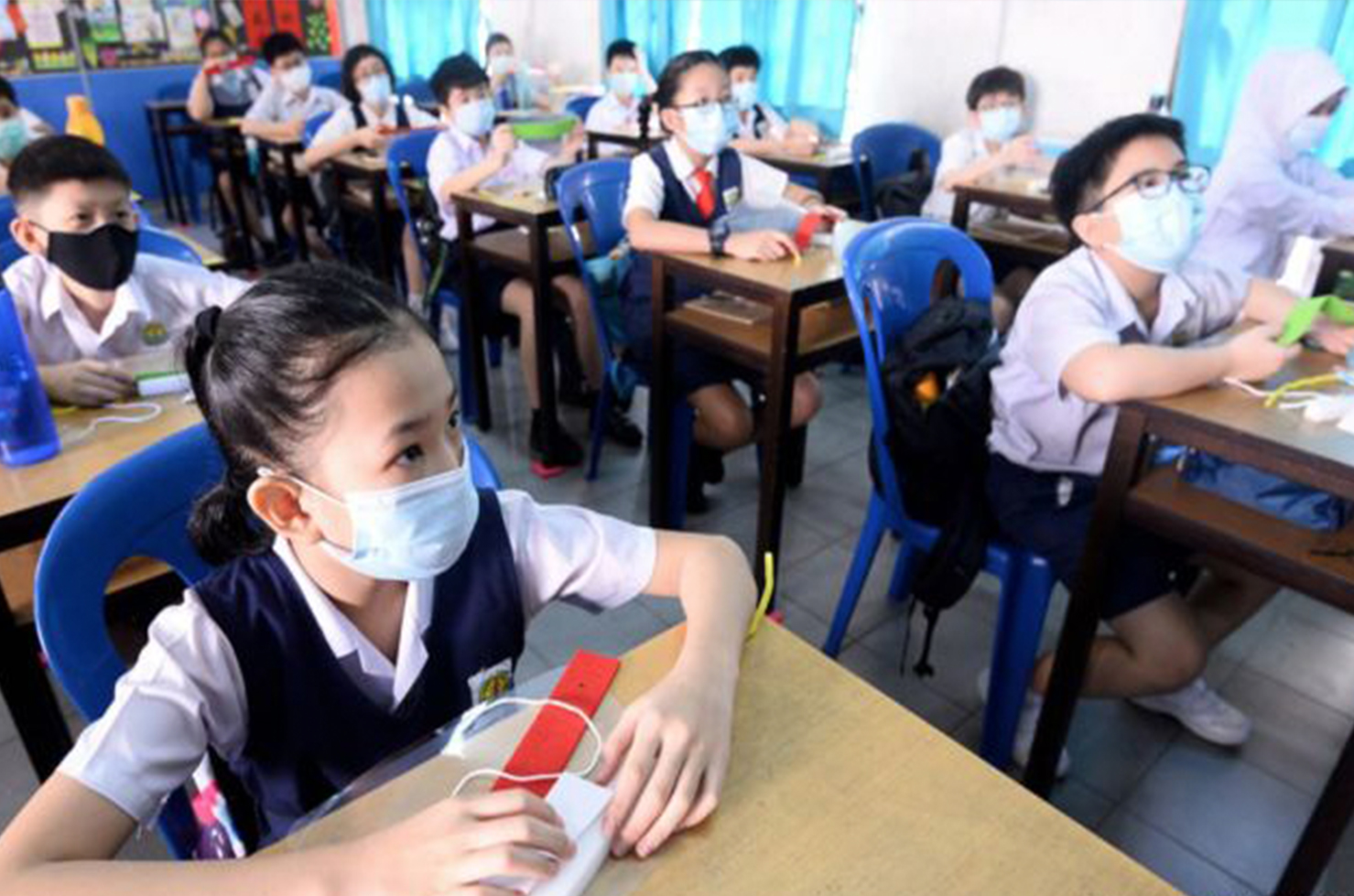
Date and Time:
29 September 2022, 2:00 PM - 4:45 PM (Bangkok time/GMT+7)
Organizer: UNESCO Asia and Pacific Regional Bureau for Education, Inclusive Quality Education (IQE) Section and Korean Educational Development Institute (KEDI), Office of International Cooperation
Event Type: Regional Policy Seminar
Where: Online via Zoom
Organized jointly by the UNESCO Asia and Pacific Regional Bureau for Education and the Korean Educational Development Institute (KEDI), the 2022 UNESCO-KEDI Asia-Pacific Regional Seminar, ‘Learning Recovery: Saving a Generation of Learners’ aims to provide an opportunity for Asia-Pacific educators and related stakeholders to discuss and share the key challenges and opportunities for learning recovery in Asia and the Pacific. Participants will respond to unique problems facing diverse contexts in the region; the Seminar will also explore what must be done to ensure that the Asia-Pacific region does not lose a generation of learners in the pandemic’s aftermath.
Mass and prolonged school closures during the COVID-19 pandemic have led to unprecedented disruptions of education and learning for many children, youth and adults in the Asia-Pacific region, and considerably exacerbated inequalities in education and a pre-existing learning crisis already identified and urgently addressed by the Sustainable Development Goals in 2015. As of the end of 2021, more than 27 million students in Asia-Pacific had waited more than a year to return to school. Full school closures have lasted for considerably different durations across the region’s many countries, indeed ranging from as little as a few weeks in some places to well over a year in others, which has resulted in an estimated loss of 1.1 trillion hours of in-person learning across Asia and the Pacific.
Learning losses or foregone learning are the results of students not learning at the level they would have if their schools had remained open. The learning losses from the pandemic are estimated to be equivalent to seven per cent of expected lifetime learning in developing Asia. In addition, a 2021 report jointly published by the World Bank, UNESCO, and UNICEF presented alarming projections for a generation of students now at risk of losing USD 17 trillion in lifetime earnings, in present value, or 14 per cent of today’s global GDP, all due to school closures. Notably, differences in learning losses between and within countries have exacerbated pre-existing inequalities among various groups in their learning outcomes.
As the pandemic subsides, discussions on learning recovery have recently been increasing, as regional countries safely reopen their schools and set-up policies and strategies to re-engage learners and mitigate learning losses in classroom curricula. Regionally, ministers and deputy ministers from 46 Asia-Pacific countries, as well as key education stakeholders, endorsed the ‘Bangkok Statement 2022: Towards an effective learning recovery for all and transforming education in Asia-Pacific’, and committed to urgently take individual and collective action to ‘re-open schools and set up effective learning recovery strategies with particular emphasis on the most vulnerable, to ensure that all learners catch-up on lost learning’. These timely efforts call upon regional governments to identify and re-engage learners who have dropped out of their education systems altogether, as well as ensure a safe return to in-person education for all.
Event date and time: 29 September 2022, 14.00 to 16.45 Bangkok time (GMT+7)
Type of event: Zoom webinar
Online registration (required): https://bit.ly/UKAPRS22ZoomR (confirmation with meeting number and passcode will be sent via email)
Participants: Policy-makers, educators, related practitioners and researchers in Asia-Pacific
Languages: English, with simultaneous translation into Russian and Thai.
Key documents
For questions and/or further information, please contact:
UNESCO Asia and Pacific Regional Bureau for Education, Inclusive Quality Education (IQE) Section: iqe.bgk(at)uensco.org
Korean Educational Development Institute (KEDI), Office of International Cooperation: international(at)kedi.re.kr


